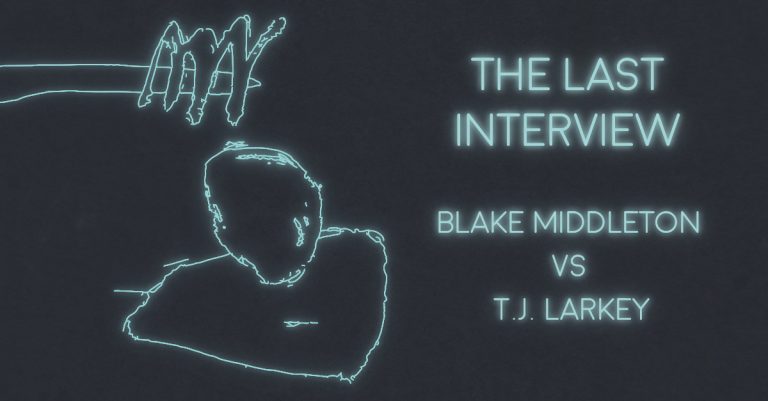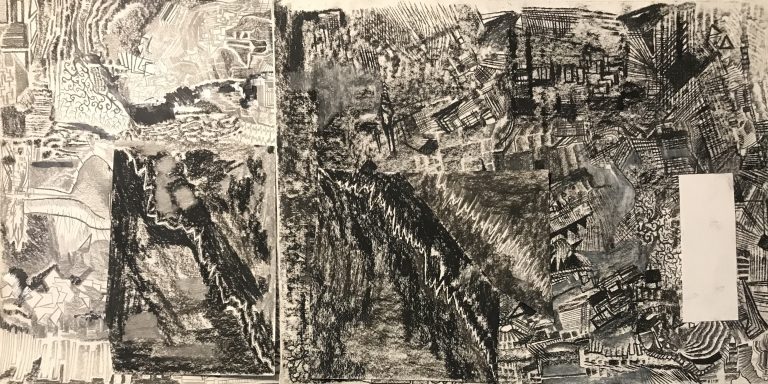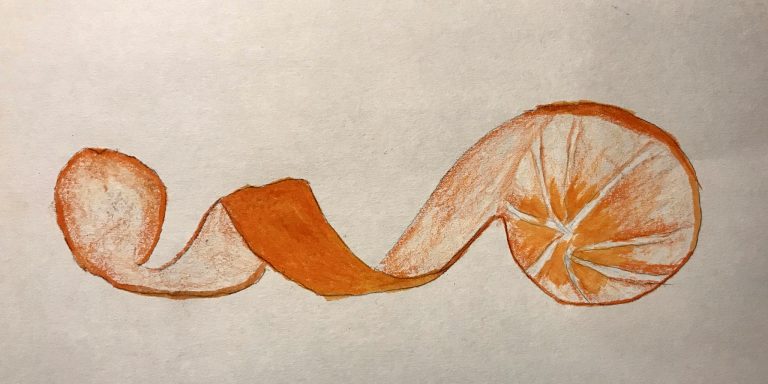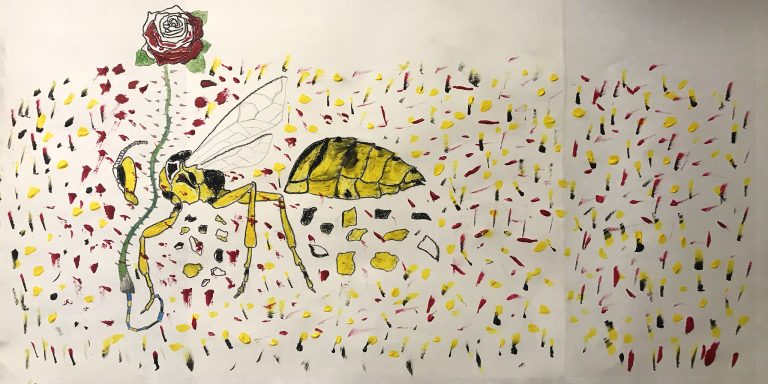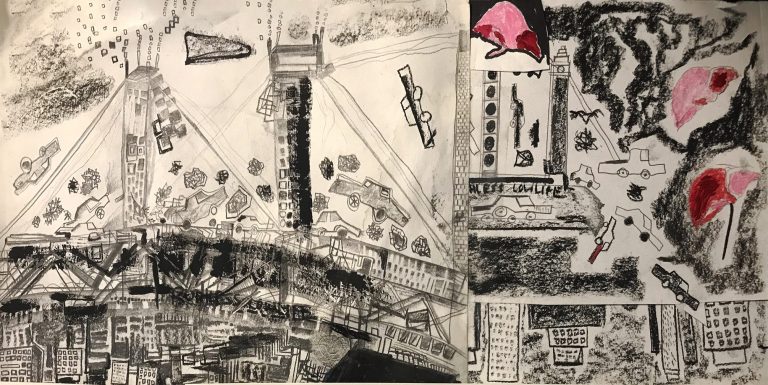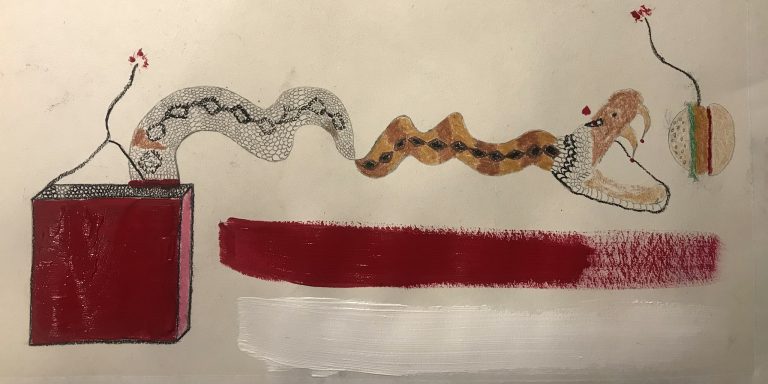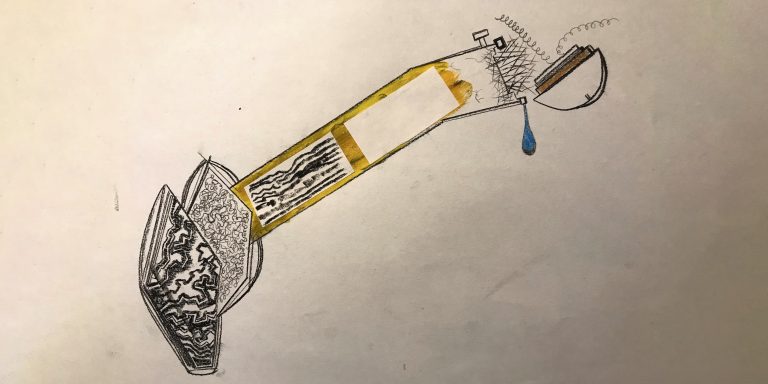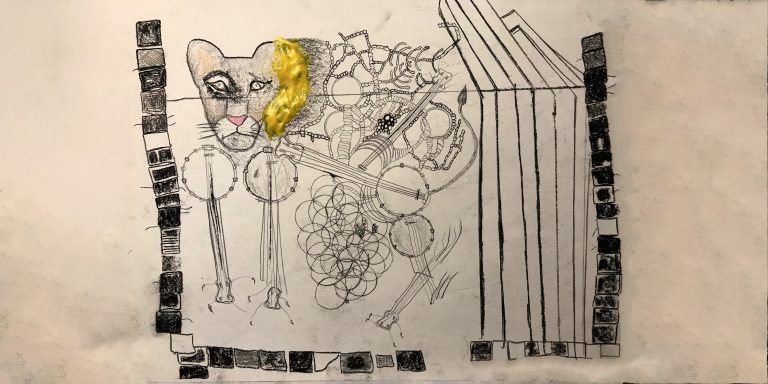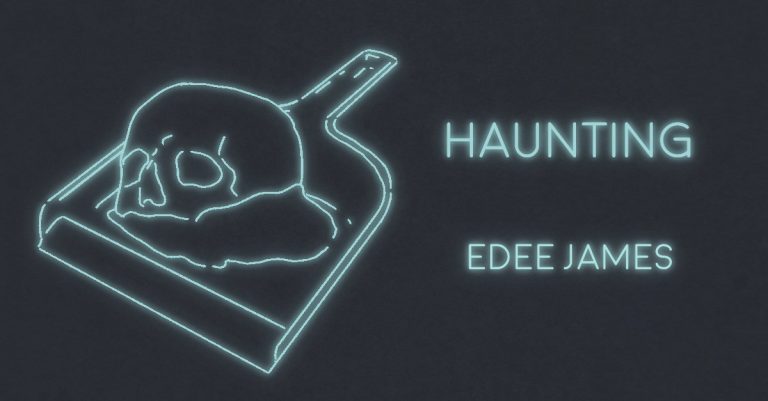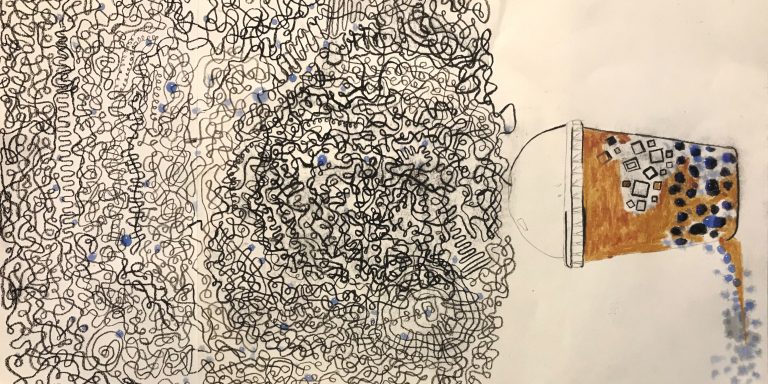
THE CELEBRATION by Zac Smith
Usually, when my week was shitty, I liked to order Thai food… I was the only one in the family who liked Thai food, which meant I didn’t get to order it much… But since I was getting divorced and living alone in a shitty apartment, I got to order it as much as I wanted… I was getting into it in a big way, basically… Since most weeks were shitty, I ordered Thai food most weekends… And I never got sick of it… Thai food is varied and complex… It can be very exciting, but also comforting… A perfect

